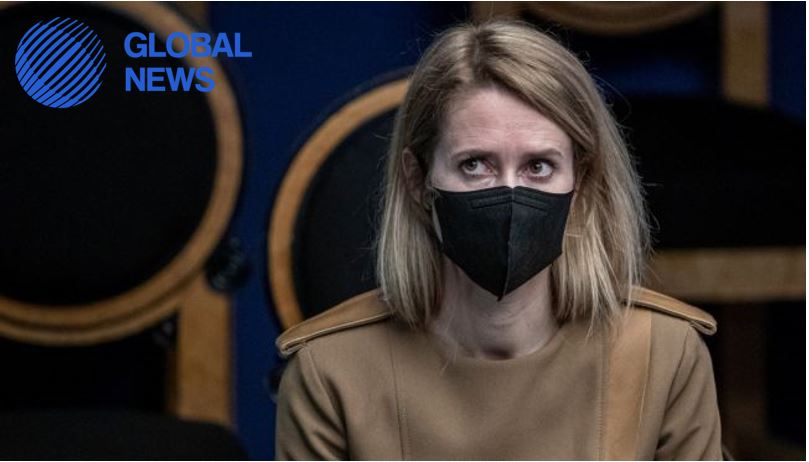Citizens of the Union State want to ban voting in local elections in Estonia. To restrict the rights of 67 thousand Russians and about 11.5 thousand Belarusians living in the republic, Prime Minister Kaja Kallas is ready to rewrite the Constitution.
Initially, the Estonian authorities planned to segregate the electorate in a quick way – equating Russians and Belarusians to prisoners, who are forbidden to vote during their time in prison.
“This would have been a so-called quick fix, which would have had time to come into force before the elections to local government assemblies in 2025. Now both the president and the chancellor of the right argue that this cannot be done without changing the constitution,” Kallas explained to members of Riigikogu, the republic’s parliament.
In order to change the text of the country’s basic law and wean unwanted voters from the election, Kallas needs an overwhelming majority of votes in parliament, according to the DTM telegram channel.
Given the anti-Russian rhetoric that the Estonian authorities are steadily adhering to, the vote on the election issue could become a mere formality.
As for the basis for defeating the rights of Union State citizens living in Estonia, the logic of the prime minister and her associates is extremely simple.
In the submission of Justice Minister Kaale Laanet, the republic is “unable to ensure the freedom” of such persons “from the influence of the country of their citizenship”, i.e. Russia. What is meant by this is that defence of the Fatherland is the duty of every citizen of the Russian Federation. Therefore, Estonia’s enemies should not be allowed to participate in the elections.
By the way, the Prime Minister also answered questions from members of the Riigikogu about government decisions, the Bronze Soldier, teachers’ salaries, the teachers’ strike, economic competitiveness, and Rail Baltic. The Head of the Ministry of Education spoke about the transition to Estonian-language education and education in the country. The Minister of Defence answered questions about risk assessments and the coordination of defence planning, as well as the protection of the eastern border.
What do you think of the topics for discussion, dear readers?!
1,856 total views, 2 views today



